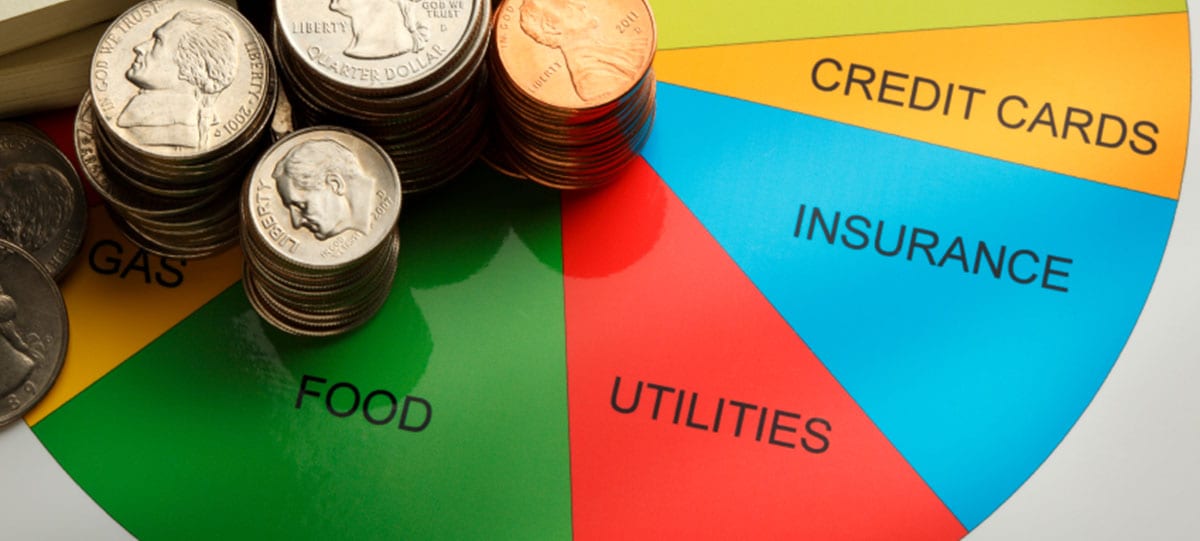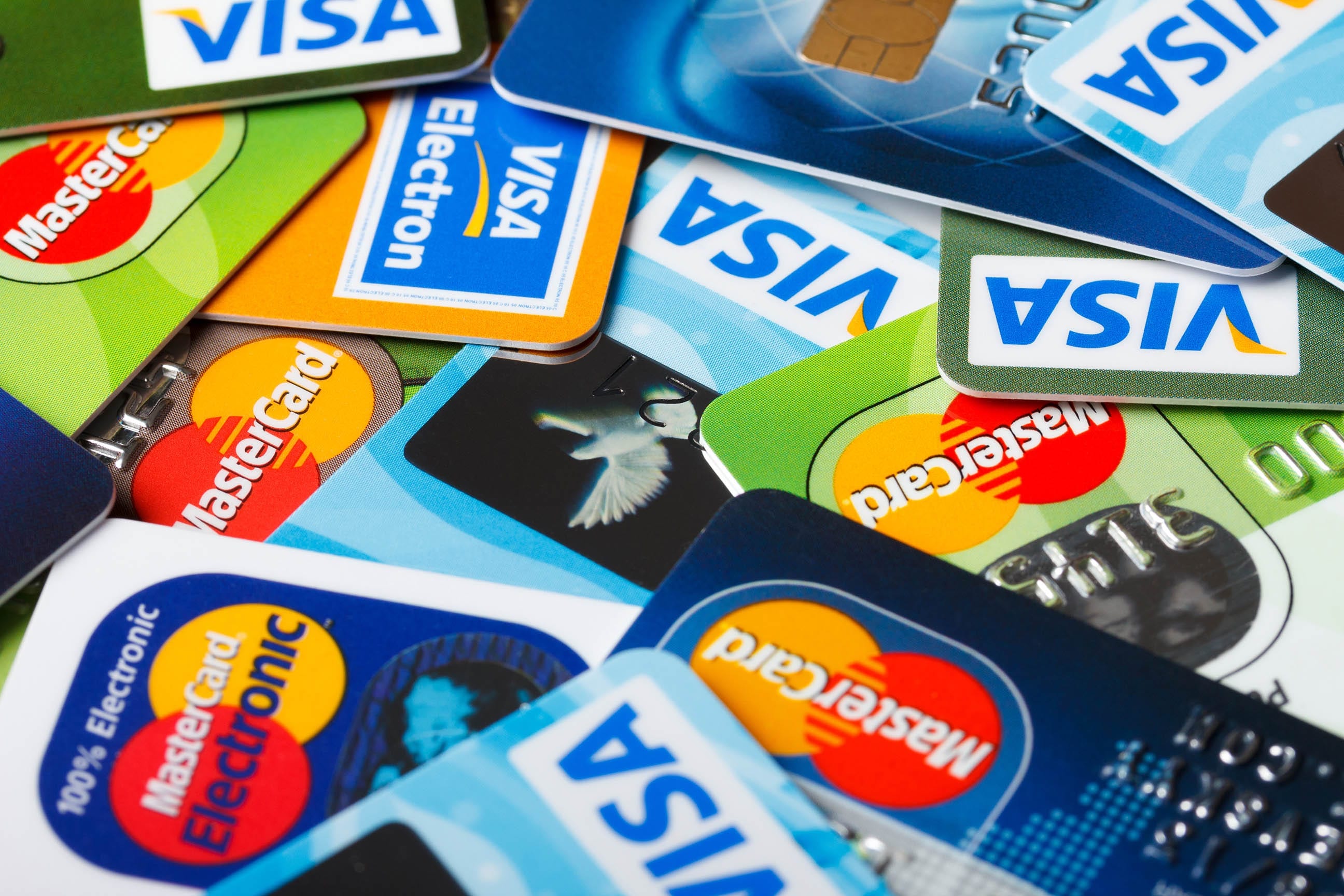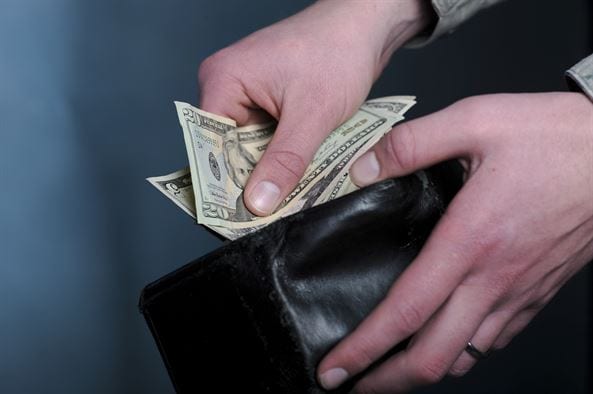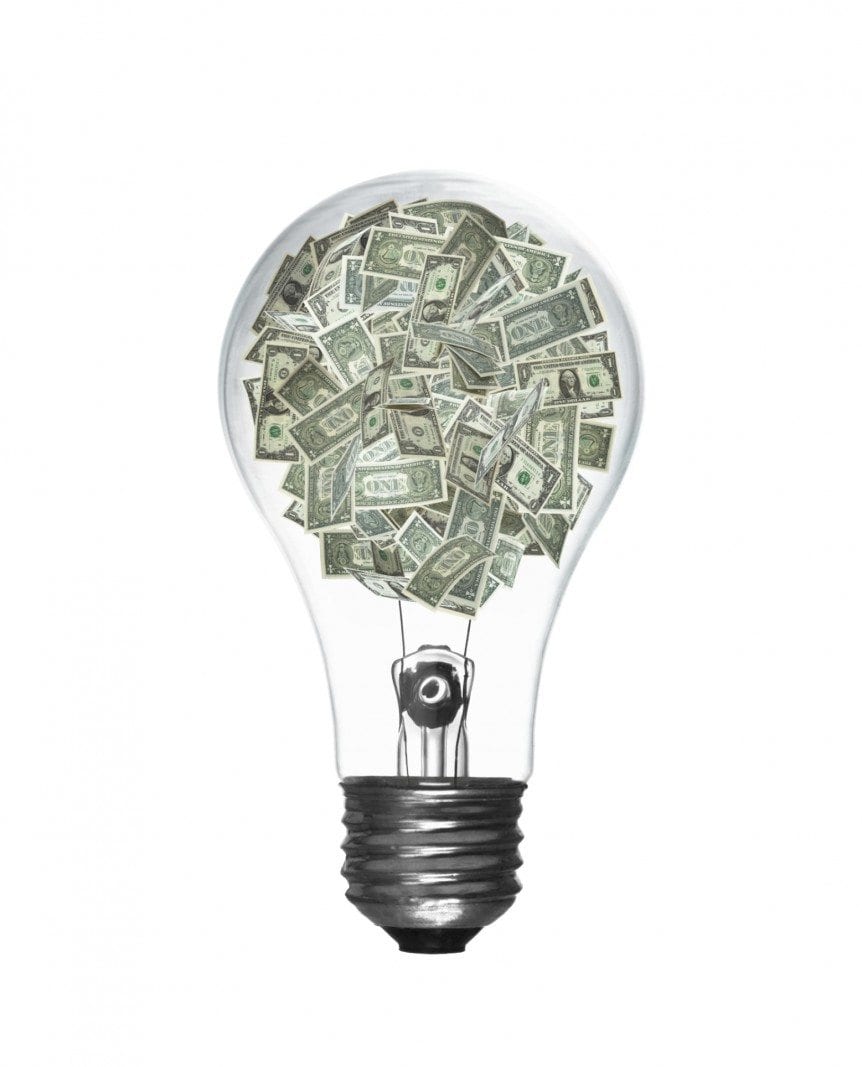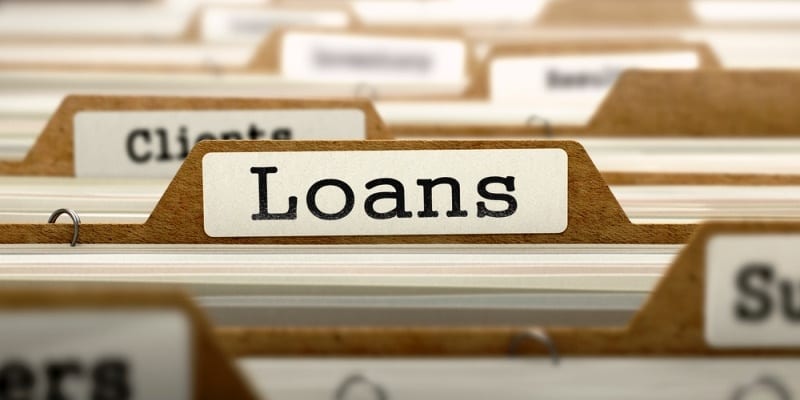When a couple are used to relying one two incomes to stay afloat, it can be frightening to have to get by on just one income. Circumstances can change overnight, disturbing a family’s sense of financial security, such as being made redundant or having a serious accident that results in lifelong disability.
A drastic change in circumstances does not mean that bankruptcy is the next step. A family can often make changes that will allow them to stay afloat temporarily or permanently.
Eat out less often
Eating out is so popular and convenient. It takes away the trouble of having to prepare a meal from scratch after a long day at work or getting one ready for a packed lunch. The money spent over a given week, month and year will quickly rise. Add the cost of coffee, snacks and the money will increase even further.
For the spouse who is still employed, they can save a lot of money by taking a packed lunch in with them to work. It does not have to be a sandwich day after day.
Leftovers heated back up will work just as well and a variety of items will help prevent boredom. This is a much cheaper alternative and will save a lot of money over time that can be put towards more pressing expenses.
Make a budget and stick to it
A budget can help a couple see what their total income is and where their money goes. Cutbacks are easier to make if they can see for themselves what they need to spend to keep within their means. This may mean shopping in bulk and keeping an eye out for sales.
Reduce or pay off outstanding debt
Not everyone is in a position to completely clear the debt that they have built up. Credit card companies love customers who only pay the minimum on their bill each month. One way to free up more cash for other essential expenses is to put money aside for the credit card company and then either pay a large chunk of it or the outstanding balance.
Paying off creditors will create a great sense of achievement. It will mean putting off buying a new vehicle or other luxuries for a while, but it is worth it if there will be more residual income coming in each month as a result.
Downsize
Moving to a smaller, more affordable home seems like a step back to many people. But a family who are strapped for cash will not have many choices open to them. It will mean they will have more money at their disposal than when they were paying a substantial amount towards the rent or mortgage.
Take in a lodger
Some families decide that having a lodger would help with some of the household expenses. They will need to search carefully for a suitable person and carry out some background checks. Asking for references is not unreasonable. But there is a downside to having a lodger.
Families will not have the same privacy that they enjoyed before and they will need to consider what to do if the lodger defaults on any payments or they find that they do not get along. Also, once the lodger moves out, the income will immediately dry up.
Savings
Having a savings account will help to build back some financial security. Small monthly deposits will soon accumulate. Some money market accounts offer very good interest rates and CD’s can also yield a good percentage over a period of time. Even $100 a month will become $1200 within a year or $6000 over a five year period and this is excluding interest.
Stop smoking
Smoking is not only a bad habit, but it is also an expensive one. Smokers spend a great deal of money on cigarettes and other tobacco products on the market. Quitting the habit will produce wonderful health benefits and it will also help a couple who are in dire financial straits to save extra money.
One income families can and do survive. Some careful planning, cut backs in some areas of life and making the best of fewer luxuries can free up a lot of money that can help a family to cope better on one income.
